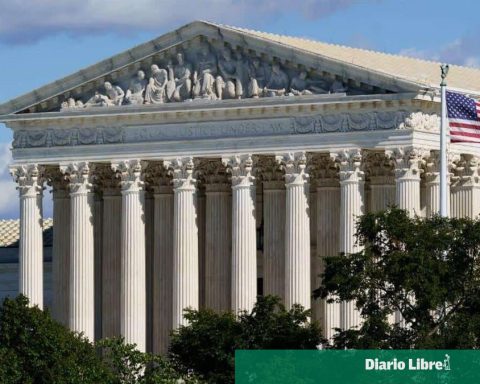MIAMI, United States. — The technological multinational Microsoft Corporation will pay more than three million dollars for violating US sanctions against Cuba, Iran, Syria and Russia.
A document issued by the US Treasury Department and quoted by the newspaper The Wall Street Journal identifies more than 1,300 violations by the company, which occurred between July 2012 and April 2019.
The outlet indicates that both the Office of Foreign Assets Control (OFAC) and the United States Bureau of Industry and Security (BIS), agencies in charge of enforcing export control sanctions, reached a Microsoft settlement last Thursday after the company voluntarily admitted the facts.
Most of the identified violations involved blacklisted Russian entities in Crimea, although others were linked to blacklisted entities in Cuba, Iran and Syria, the document noted.
The Treasury Department said Microsoft also violated regulations that seek to block sensitive technologies from reaching US adversaries.
In statements collected by The Wall Street JournalA Microsoft spokesperson assured that the company had already taken action on the matter.
“Microsoft takes export control and sanctions compliance very seriously, so after learning of detection failures and violations by some employees, we voluntarily disclosed them to the appropriate authorities,” the spokesperson said.
The violations that led to Thursday’s settlement occurred in the context of Microsoft’s third-party resale and distribution programs.
According to OFAC, Microsoft used an indirect resale model in Russia to develop sales opportunities and negotiate wholesale sales with end customers. Those alleged violations came after the company was unable to obtain accurate information on some of these end users.
Also on Thursday, a Microsoft spokesperson revealed that “company employees involved in the misconduct have been subject to disciplinary action, up to and including termination.” The Wall Street Journal.
In all, Microsoft sold more than $12 million worth of products and services to blacklisted parties, according to information released by OFAC.















